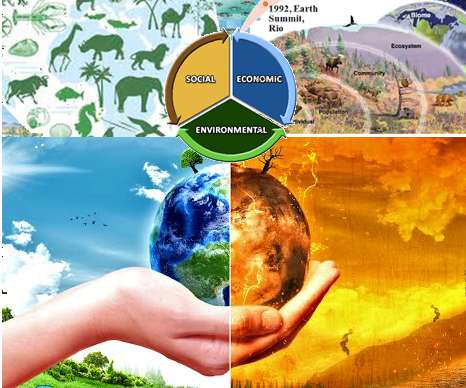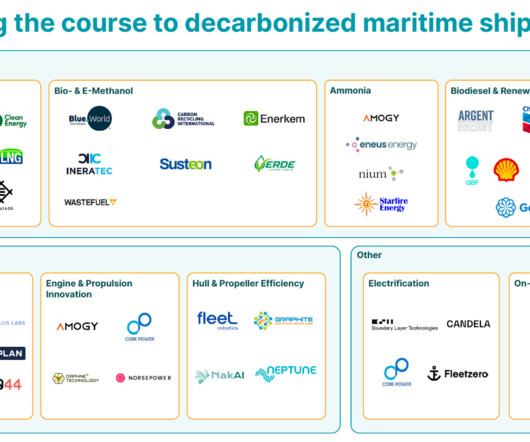Ocean-based sequestration heats ups
GreenBiz
FEBRUARY 1, 2021
We might be at a turning point, however, because a handful of forward-looking corporations, conservation organizations and startups recently have accelerated efforts to store carbon in marine systems. Thanks to their work, companies of all sizes soon may be able invest in ocean sequestration.






















Let's personalize your content